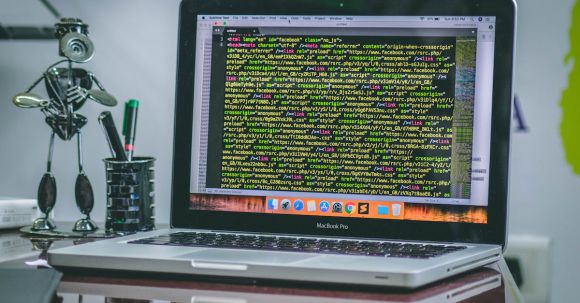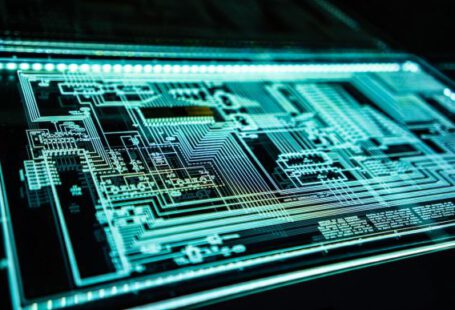In recent years, the fields of Artificial Intelligence (AI) and Machine Learning (ML) have seen significant advancements. These technologies have revolutionized various industries, and their impact on the world of software development is no exception. As AI and ML become more prevalent, it is important to consider how they will reshape the landscape of DevOps. In this article, we will explore the ways in which DevOps will evolve with the rise of AI and ML.
Improved Testing and Quality Assurance
One area where AI and ML can greatly benefit DevOps is in testing and quality assurance. Traditionally, testing has been a time-consuming and labor-intensive process. However, with the help of AI and ML algorithms, developers can automate many aspects of testing, making it more efficient and effective.
AI can be trained to identify patterns and anomalies in large datasets, allowing it to detect potential bugs and vulnerabilities in software. ML algorithms can analyze historical data to predict the likelihood of bugs occurring in the future. By leveraging these technologies, DevOps teams can detect and fix issues more quickly, leading to faster release cycles and improved software quality.
Streamlined Continuous Integration and Deployment
Another area where AI and ML can have a significant impact on DevOps is in continuous integration and deployment (CI/CD) processes. CI/CD is a set of practices that enable developers to release code changes frequently and reliably. However, managing and orchestrating the various steps involved in CI/CD can be complex and time-consuming.
AI and ML can help automate and streamline CI/CD processes by analyzing historical data and identifying patterns. For example, ML algorithms can predict the optimal configuration for a given software environment, minimizing the risk of deployment failures. AI can also help in automating the selection and deployment of appropriate infrastructure resources, such as servers and containers.
Enhanced Monitoring and Performance Optimization
Monitoring and performance optimization are crucial aspects of DevOps. AI and ML can play a significant role in these areas by providing real-time insights and recommendations.
By analyzing vast amounts of data from production environments, AI algorithms can proactively detect performance bottlenecks and suggest solutions. ML algorithms can learn from historical data to predict future performance issues and recommend proactive measures to mitigate them. This proactive approach to monitoring and performance optimization can help minimize downtime and improve the overall user experience.
Improved Collaboration and Communication
DevOps is all about collaboration and communication between different teams and stakeholders. AI and ML can facilitate this collaboration by automating routine tasks and providing intelligent insights.
For example, AI-powered chatbots can assist developers and IT operations teams by providing instant answers to common questions and issues. ML algorithms can analyze past communication patterns to identify potential bottlenecks in the collaboration process and suggest improvements. By reducing manual effort and improving communication, AI and ML can help teams work more efficiently and effectively.
Conclusion: An Exciting Future for DevOps
As AI and ML continue to advance, their impact on DevOps will become increasingly pronounced. From improved testing and quality assurance to streamlined CI/CD processes, enhanced monitoring and performance optimization, and better collaboration and communication, AI and ML have the potential to transform the way we develop and deploy software.
While there may be challenges and considerations to address, the future of DevOps with AI and ML looks promising. By embracing these technologies, DevOps teams can unlock new levels of efficiency, productivity, and innovation, ultimately delivering better software products to end-users. It is an exciting time to be part of the DevOps community as we witness the evolution of this essential practice in the age of AI and ML.





